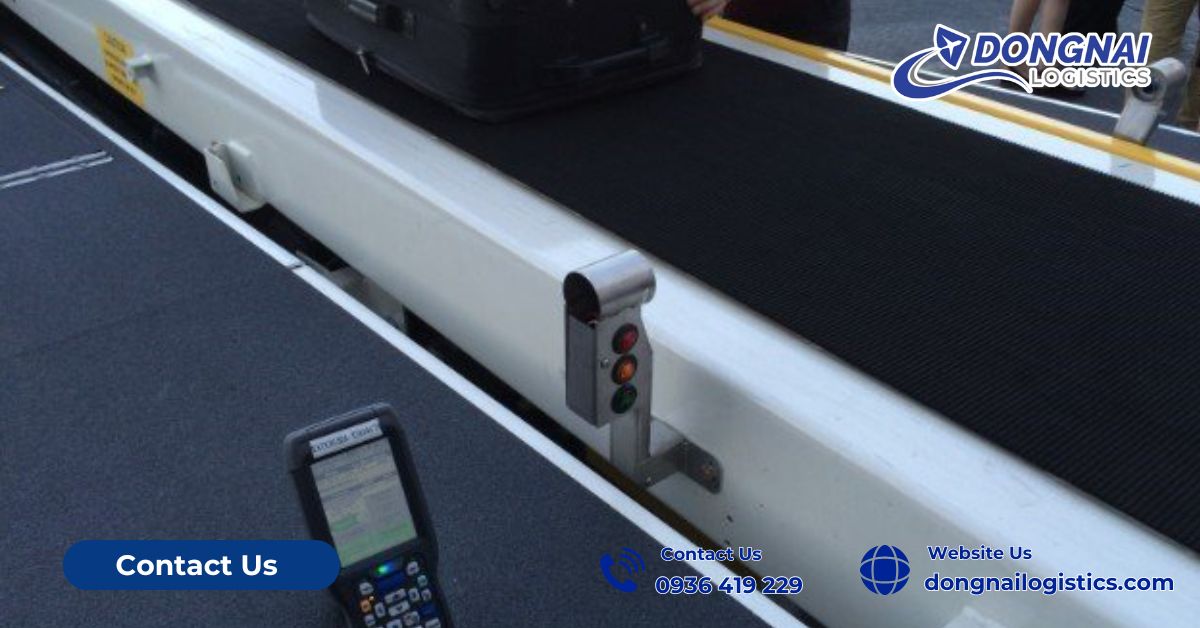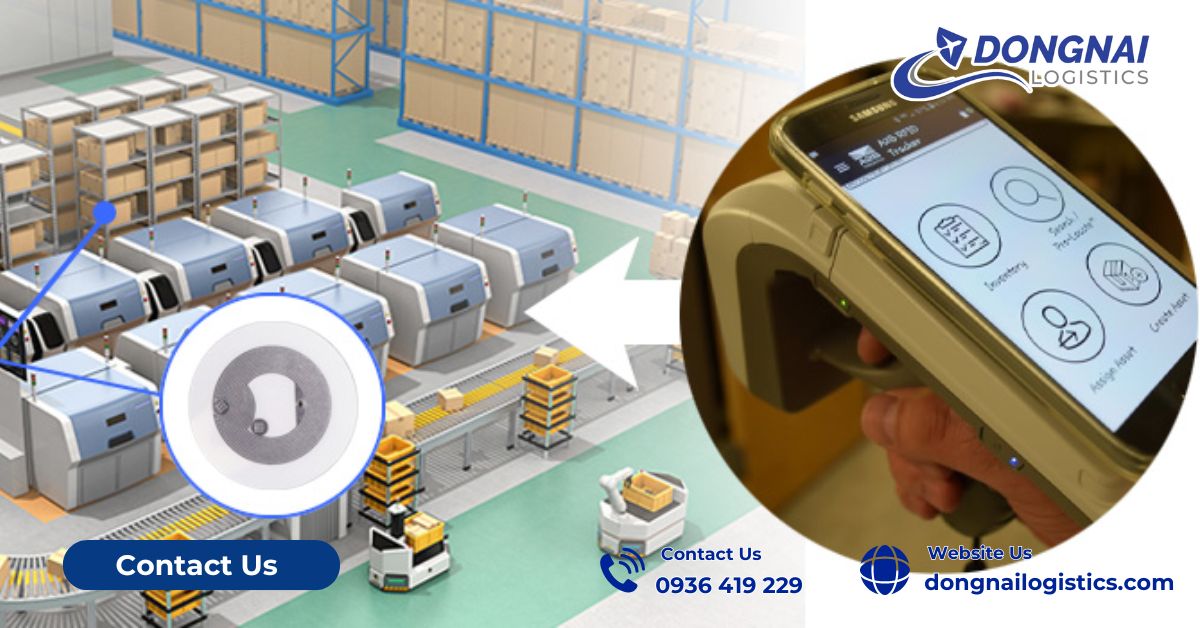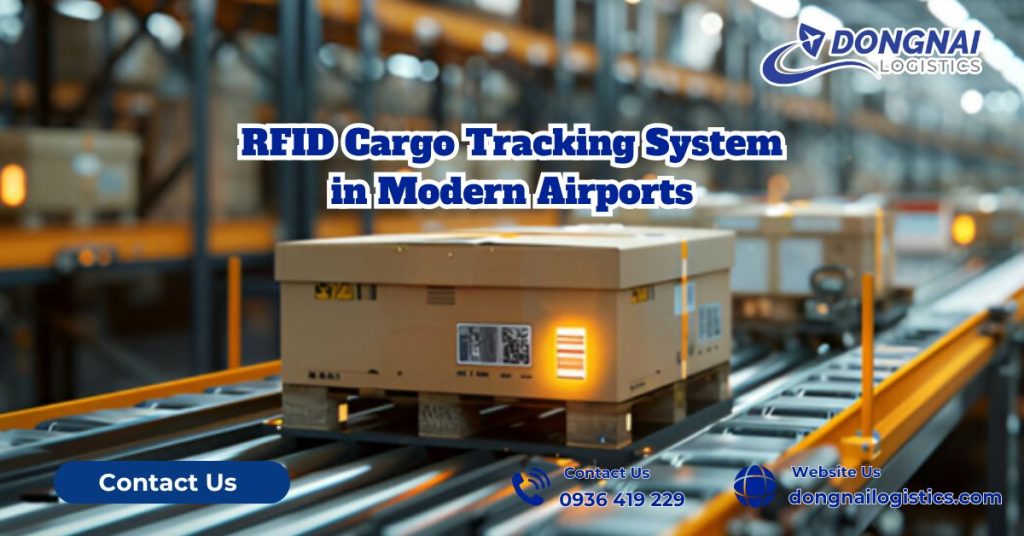RFID Cargo Tracking System in Modern Airports: Transforming Baggage and Cargo Management
In the digital era, the aviation industry constantly adopts innovations to enhance operational efficiency. The RFID Cargo Tracking System is one such breakthrough, enabling airports to manage baggage and freight with greater speed and accuracy. This article explores the technology, benefits, global applications, challenges, and future of the RFID cargo tracking system in modern airports.

What is an RFID Cargo Tracking System and How Does It Work?
The RFID Cargo Tracking System uses Radio Frequency Identification technology to monitor cargo and luggage in real time. It consists of three main components:
-
RFID Tags attached to cargo or luggage containing unique identification data.
-
RFID Readers that emit radio waves to detect and read tags remotely.
-
Management Software that collects and displays tracking data for monitoring.
Unlike traditional barcode scanning, the system allows simultaneous reading of multiple tags through obstacles, speeding up and improving tracking accuracy.
Benefits of the RFID Cargo Tracking System in Airports
Reducing Lost Luggage
Lost baggage is a major passenger concern. The RFID Cargo Tracking System tracks luggage continuously from check-in to baggage claim, allowing real-time location updates that help quickly resolve misplaced items.
Improving Cargo Management
For freight, the system provides full visibility across receiving, storage, loading, and handover processes. Automated data capture at checkpoints reduces errors from manual handling and increases efficiency.
Saving Time and Costs
Compared to barcode scanning, the RFID system cuts processing time by up to 40%. Staff no longer need to open containers or scan each item individually, reducing labor costs and accelerating operations.
Enhancing Passenger Experience
Passengers can monitor their luggage status via apps or airport displays powered by the RFID System, giving them peace of mind and boosting trust in airline services.
Global Use Cases of RFID Cargo Tracking System
Hong Kong International Airport
A pioneer in RFID, Hong Kong International Airport attaches RFID tags at check-in, with over 200 readers tracking baggage on runways and warehouses to ensure accuracy.
Dubai International Airport
Dubai uses the RFID system to automate baggage sorting for high passenger volumes and connecting flights, minimizing delayed or misplaced luggage.
Heathrow Airport
Heathrow combines RFID with Artificial Intelligence to predict and resolve baggage irregularities quickly, increasing accuracy and operational speed.

Potential of RFID Cargo Tracking System in Vietnamese Airports
Airports like Noi Bai, Tan Son Nhat, and Da Nang are beginning to explore RFID technology for baggage and cargo management. While still emerging, the system promises significant improvements.
Benefits for Vietnamese Aviation
-
Enhances baggage transport quality
-
Reduces cargo loss in domestic and international transfers
-
Strengthens logistics management in cargo centers
-
Lowers risk of fraud and errors in air freight handling
Challenges in Implementing RFID Cargo Tracking System
High Initial Investment
Setting up RFID readers, software, and staff training requires significant funding.
Integration with Existing Systems
Older airport infrastructure may need upgrades to support RFID technology, requiring time and cost.
Need for Standardization
Global consistency among airlines and airports remains essential for seamless data exchange and system interoperability.
The Future of RFID Cargo Tracking System in Aviation
Growing cargo demand makes the RFID system essential for airport modernization. Integrating with AI, IoT, and blockchain will create smarter, more efficient logistics, with improved passenger tracking and predictive analytics for airlines.
RFID System in Modern Airports
The RFID System is a game-changer for modern airports, providing enhanced accuracy, transparency, and efficiency in baggage and cargo management. As airports worldwide, including those in Vietnam, continue adopting this technology, the future of aviation logistics looks smarter, faster, and more reliable.
Read more:
Vận tải biển: Xương sống của chuỗi cung ứng toàn cầu
Vải Vận Chuyển Từ Đồng Nai Sang Phần Lan Bằng Đường Biển
Vận chuyển hàng hóa từ Đồng Nai đi Phú Quốc
Chuyển phát nhanh từ Quảng Ninh đến Đồng Nai chất lượng, uy tín, giá cạnh tranh

